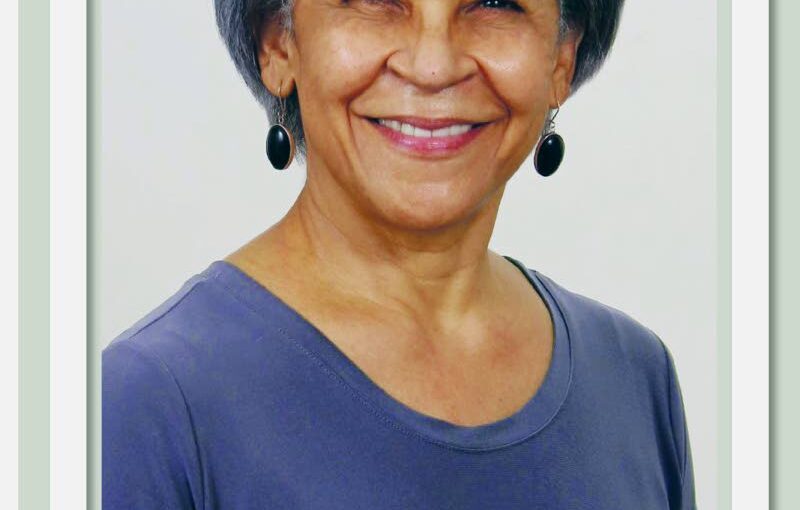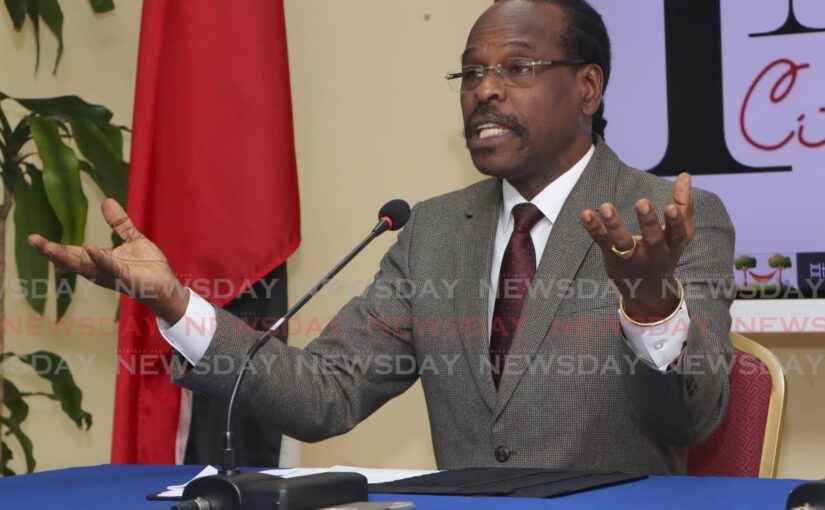The contemporary era is characterized by unprecedented interconnectedness, each country one way or another is dependent upon another for something....
Vous n'êtes pas connecté
- English
- Français
- عربي
- Español
- Deutsch
- Português
- русский язык
- Català
- Italiano
- Nederlands, Vlaams
- Norsk
- فارسی
- বাংলা
- اردو
- Azərbaycan dili
- Bahasa Indonesia
- Հայերեն
- Ελληνικά
- Bosanski jezik
- українська мова
- Íslenska
- Türkmen, Түркмен
- Türkçe
- Shqip
- Eesti keel
- magyar
- Қазақ тілі
- Kalaallisut ; kalaallit oqaasii
- Lietuvių kalba
- Latviešu valoda
- македонски јазик
- Монгол
- Bahasa Melayu ; بهاس ملايو
- ဗမာစာ
- Slovenščina
- тоҷикӣ ; toğikī ; تاجیکی
- ไทย
- O'zbek ; Ўзбек ; أۇزبېك
- Tiếng Việt
- ភាសាខ្មែរ
- རྫོང་ཁ
- Soomaaliga ; af Soomaali
Rubriques :
 Maroc - NEWSDAY.CO.TT - A la Une - 18/Aug 08:59
Maroc - NEWSDAY.CO.TT - A la Une - 18/Aug 08:59
Tourism and riots
It was rather surprising to hear my young taxi driver on the way from Piarco explain that we are now in summer, so the roads are emptier. It is unclear when we in tropical TT started describing our humid wet season as “summer.” It must be linked to our increased exposure to countries with summers, or maybe it is the experience of a few more adventurous tourists turning up during their traditional long summer break. Only that there were no obviously foreign-looking people – possible tourists – coming off the full-to-capacity plane from London. It bore absolutely no resemblance to my experience of the full force of a great British tourism escapade of the previous week. For the first time, now that I am a grandmother, I agreed to join my son and his family for a typical British summer holiday, ie, travel abroad to an all-inclusive Mediterranean resort. It was like being on a conveyor belt in a mass production plant – in one end, out the other – and all very efficiently controlled. It was a phenomenon, the sort Tobagonian tourism operators probably wish they were managing. Every year, the British travel abroad en masse, spending US$71.4 billion. Some brave the unpredictable weather of the English seaside or the chocolate-box parts of Great Britain, but they are in the minority. Airlines and airports have multiplied and grown in Britain and Europe to cater for the extraordinary exodus of Brits who seek sunshine. Resorts around the Mediterranean cater mostly to them, although, in Europe, the Germans are even bigger summer drifters, but they are mainly partial to Europe’s coastal areas. For July and August, when schools are closed, literally millions of people land in near and far off places. In August 2019 alone, British travellers made 71.7million foreign trips. Generally, the young head for the cities and sites, and the families head for the resorts to just lie in the sun and then cool down in hotel pools. Almost everywhere tourists outnumber locals. This summer, Italians have been protesting against the “invasion” of foreign holidaymakers. The word “invasion” in Britain has racist overtones, having been used to describe the 1960s’ and 70s’ unwelcome influx of “New Commonwealth” immigrants, ie, brown and black. The irony was not lost on me or anyone who followed the news about the racist, riotous actions of the far right happening at the same time in several English cities. The shocking murder of three children by a British-born Rwandan youth was used to excite Islamophobia among those who are most troubled by the numbers of asylum seekers temporarily housed in hotels paid for by British taxpayers. Police withholding the identity of the perpetrator enabled social media speculation and a nameless Muslim asylum-seeker being wrongly accused of the crime. It unleashed the not-uncommon violent demonstrations that punctuate British history. In a terrible twist, the former British-Indian prime minister had based his migration policy on offloading illegal migrants to Rwanda. The poignancy of this summer’s violence was intensified for me as I was engaged in reading the polemical, thoroughly researched and referenced Empireland by British-born Sikh writer and journalist Sathnam Sanghera. He cites the 2016 Conservative Party Conference speech of former PM Boris Johnson who boasted that more Brits live outside their country than any other group, one in ten, or six million, which is the size of Scotland. “No other rich country – according to the World Bank – has a diaspora on that scale,” Johnson asserted. And it is because the British have been seeking opportunities abroad for the last 400 years, "leaving behind religious turmoil, economic hardship and even a mini ice age” Sanghera writes. In fact, between 1961 and 1981, one million more Britons emigrated than foreigners immigrated. The author argues that modern multicultural Britain is the result of empire as much as the millions of Brits living all around the planet, and until Britain comes to terms with that ignored historical reality it cannot progress. The fact that the number of immigrants has fallen sharply and the National Health Service, traditionally staffed by West Indians and other Commonwealth nationals, is desperately short of workers seems irrelevant to those who find it hard to accept Britain’s imperial past, and politicians wilfully mine the resentment. If one stopped to think about it, it makes perfect sense that the British invented mass tourism – lots of relatives abroad to visit – and then the “package tour” to exotic places, all with imperial connections. It was the idea of the farsighted English businessman Thomas Cook to found a travel agency, and, in 1855, to organise foreign tours. In 1872 he embarked on his first round-the-world tour. Since most of the globe was once coloured pink, it was a very natural development. Although tourism has become an essential industry for many countries, it certainly does not make travellers love foreigners in their midst any more or promote cultural understanding globally, especially the all-inclusive. And the experience of being a sausage is not a pleasant one, either. The post Tourism and riots appeared first on Trinidad and Tobago Newsday.
Articles similaires
The Decline Of The US Empire: Where Is It Taking Us All? – OpEd
The evidence suggests that empires often react to periods of their own decline by over-extending their coping mechanisms. Military actions,...
The Decline Of The US Empire: Where Is It Taking Us All? – OpEd
The evidence suggests that empires often react to periods of their own decline by over-extending their coping mechanisms. Military actions,...
Crime and collapsing society
THE EDITOR: National Security Minister Fitzgerald Hinds has said the nation is experiencing “a severe level of crime.” The minister is, of...
What’s in store for Store Bay?
THE question on everyone’s lips is what’s in store for one of the most beautiful beaches in Tobago. The Tobago House of Assembly intends to turn...
Craven Tokenism: The UK Suspension Of Arms Export Licenses To Israel – OpEd
The government of Sir Keir Starmer, despite remaining glued to a foreign policy friendly and accommodating to Israel, has found the strain a bit...
Contours Of The Financial Mess In The Maldives – Analysis
President Mohamed Muizzu is seeking bailouts from India and China. Maldives in a financial mess and is looking out for bailouts from India and...
IS TREVI FOUNTAIN NEXT?: Rome considers charging tourists for access
City officials in Rome are now considering a plan to manage tourism to one of Rome’s most-visited sites by implementing a 2-euro fee to visit Trevi...
The Truth About Churchill – OpEd
By Jonathan Newman “It says here in this history book that, luckily, thegood guyshave won every single time. What are the odds?” - ~Norm...
We are family
THE EDITOR: As our twin-island state continues to boast of our social, economic, cultural and spiritual achievements especially on Independence Day,...
Les derniers communiqués
-
Aucun élément



